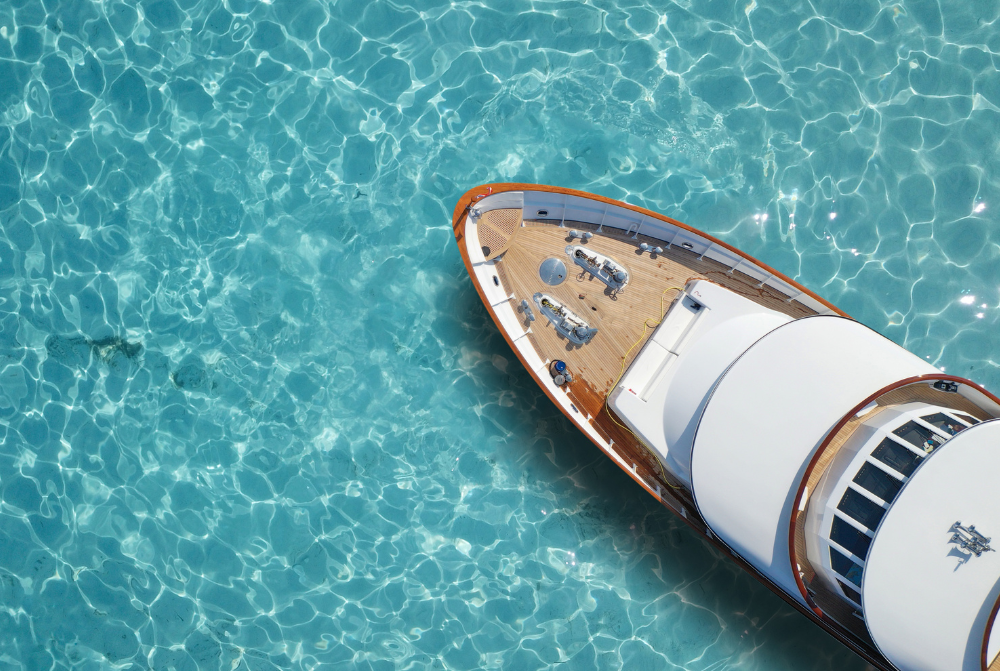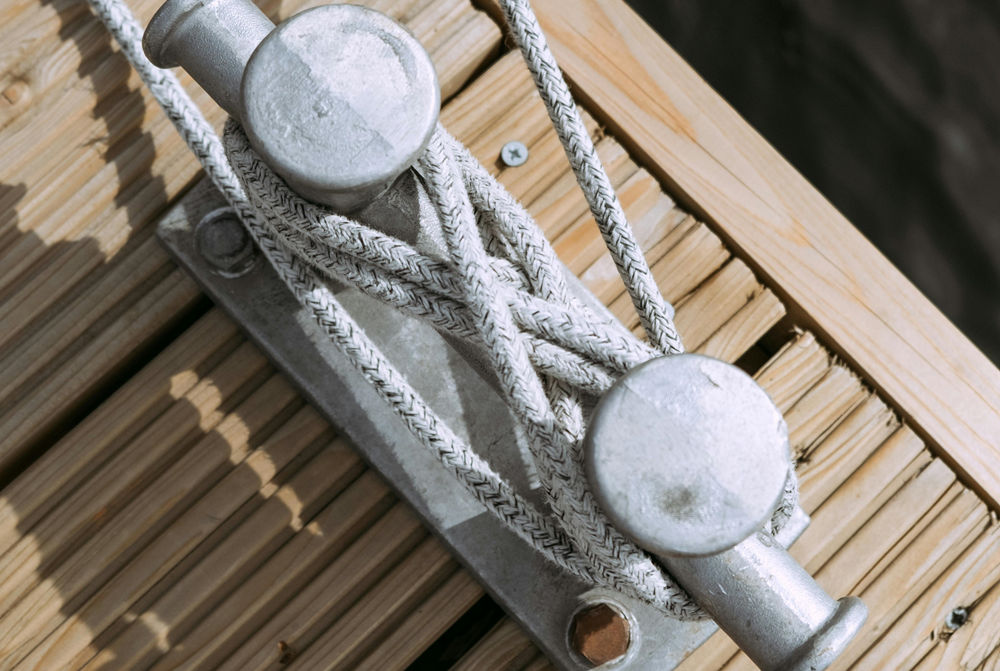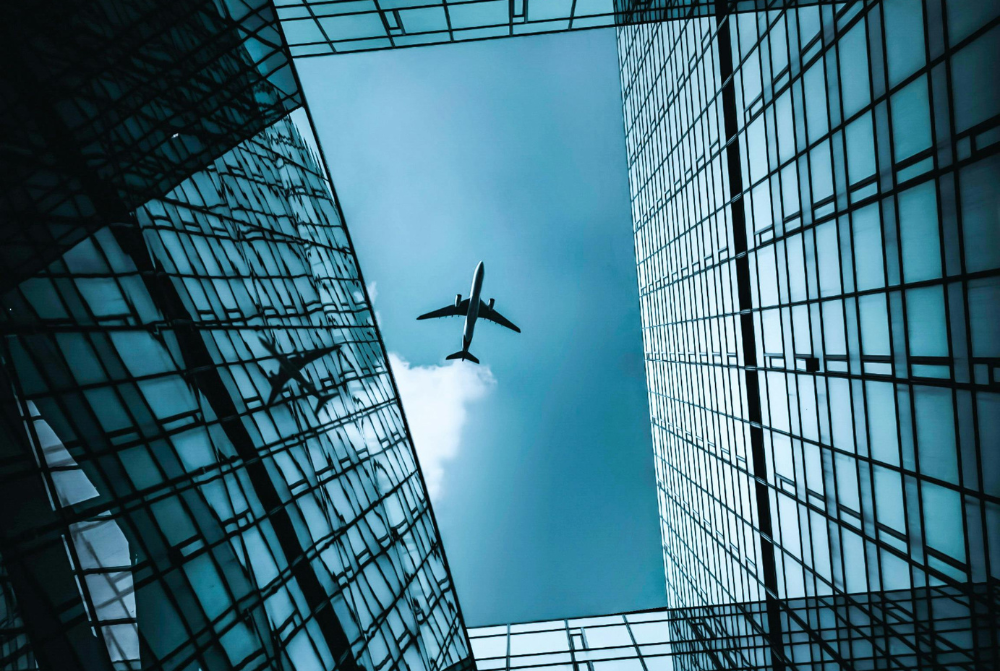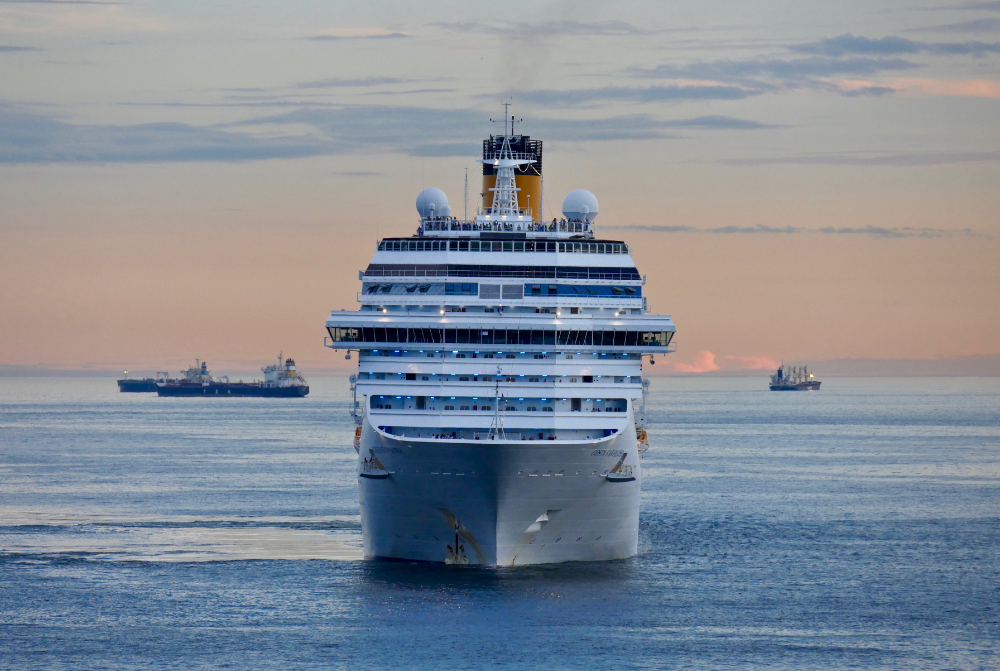As the maritime industry continues to embrace digital transformation, Malta took a significant step forward by implementing a fully electronic certification system for vessels under its flag. In line with international standards and best practices, the Malta Ship Registry began issuing electronic statutory certificates on 1 June 2025, marking a new era of efficiency, security, and environmental responsibility in maritime documentation. This transition, set out in Merchant Shipping Notice 193, is based on the International Maritime Organisation’s Circular FAL.5/Circ.39/Rev.2, which outlines global guidelines for the use and acceptance of electronic certificates.
Key Objectives of the Transition
Effective 1 June 2025, the Malta Ship Registry has started issuing electronic certificates for all ships flying the Maltese flag. This initiative is part of a broader effort to modernise maritime administration by transitioning from paper-based documentation to secure digital formats. It aligns with the International Maritime Organisation’s Circular FAL.5/Circ.39/Rev.2, which encourages flag states to reduce administrative burdens and streamline shipboard compliance through the use of electronic certification. By adopting this digital model, Malta is improving efficiency, reducing reliance on paper, and reinforcing its position as a forward-looking flag state.
Legal Status and Validity
From the effective date, electronic certificates issued by the Malta Ship Registry will be considered legally valid and equivalent to original paper certificates under the Merchant Shipping Act. These digital documents are fully acceptable for the lawful operation and navigation of Maltese-flagged vessels. This shift holds particular relevance for yacht owners, for whom registration, tax, and legal compliance are key operational concerns. At the same time, any hardcopy certificates issued prior to 1 June 2025, will remain in force until their stated expiration dates and must continue to be carried onboard. This dual recognition ensures a smooth and practical transition for operators while maintaining full compliance with international regulatory standards.
Features of Electronic Certificates
The new certificates will be delivered in PDF format to the designated email address of the applicant, for onward transmission to masters and ship managers. Each document will have advanced security and authenticity features consistent with international requirements. These features include tamper-proof formatting, a unique tracking number, and clear identification of the authorised officer who authenticated the document. Notably, the traditional handwritten signature of the Registrar will be replaced with a QR code, serving as the primary means of verification. All certificates will be protected against unauthorised modifications and designed to meet the format and content criteria of the applicable international conventions.
Format and Verification Process
The verification of the certificates’ authenticity is a core component of this digital initiative. Each PDF certificate will incorporate a QR code in accordance with ISO/IEC 20248, embedding a secure digital signature and compacted verification data. This allows the document to be scanned using standard devices and verified instantly, without the need for physical stamps or signatures. The use of QR codes ensures that the source and integrity of the certificate can be validated at any time, regardless of the vessel’s location.
Verification Methods
Ship operators and authorities will have access to two reliable methods for verifying electronic certificates. The first is online verification, where the QR code can be scanned using any internet-connected smartphone or device, instantly confirming the document’s authenticity via a secure digital platform. The second method supports an offline verification that allows certificate data to be accessed even when an internet connection is unavailable. These dual methods provide flexibility, accessibility, and security, ensuring that digital certificates remain functional in both port and at sea.
List of Electronically-issued Certificate
Transport Malta, the national Regulator, has published a list of certificates that are being issued electronically from 1 June 2025. This includes registration documents, provisional and permanent certificates, insurance and liability certificates under international conventions, the Declaration of Maritime Labour Compliance, Minimum Safe Manning Certificates, and GMDSS Ship Station Licences, among others. Full details and instructions can be found on the official website of the Malta Ship Registry.
The implementation of electronic certificates by the Malta Ship Registry not only reduces administrative overhead for ship operators and authorities but also helps build a more resilient and attractive regulatory framework for yachting and maritime activity in the years ahead.
Additional Information
For further information about Malta Maritime matters please contact Jonathan Vassallo, at the Dixcart office in Malta: advice.malta@dixcart.com. Alternatively, please speak to your usual Dixcart contact.













